Ants attacking corn?
meloncauli-flower
11 years ago
Related Stories
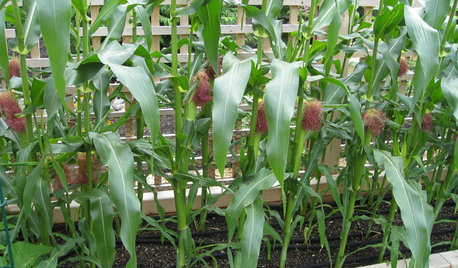
SUMMER FRUITS AND VEGETABLESHow to Grow Your Own Fresh, Sweet Corn
Here's how to plant and care for your own mini cornfield
Full Story
GARDENING AND LANDSCAPINGBid Bad Garden Bugs Goodbye and Usher In the Good
Give ants their marching orders and send mosquitoes moseying, while creating a garden that draws pollinators and helpful eaters
Full Story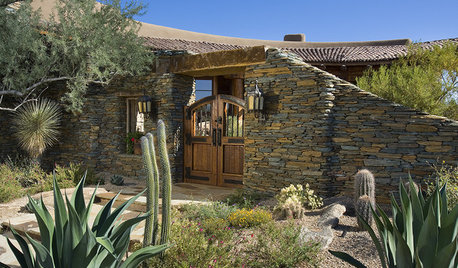
LANDSCAPE DESIGNLay of the Landscape: Southwestern Garden Style
Water may be scarce, but color and striking foliage are as profuse in the desert landscape as the sunsets are breathtaking
Full Story
KITCHEN STORAGEGet It Done: How to Clean Out the Pantry
Crumbs, dust bunnies and old cocoa, beware — your pantry time is up
Full Story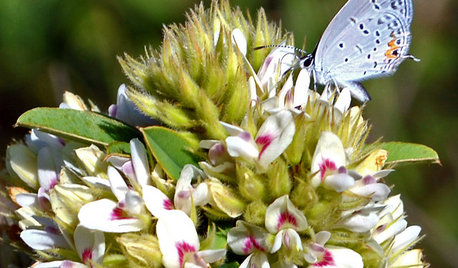
GARDENING GUIDES5 Prairie Wildflowers That Can Heal Your Soil
Get free, organic soil fertilizer with nitrogen-pumping plants that draw pollinators too
Full Story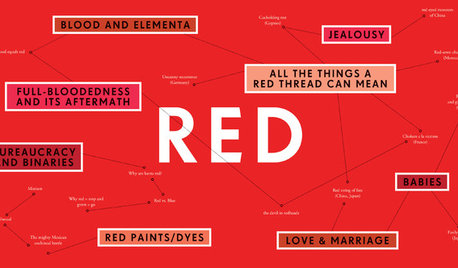
COLORWhy My Son’s Room Will Be Red: An Expert Weighs In on Colors for Baby
Historical facts, trend recaps and enthusiastic support for painting your nursery any darn color you like
Full Story
GARDENING GUIDESHow to Switch to an Organic Landscape Plan
Ditch the chemicals for a naturally beautiful lawn and garden, using living fertilizers and other nontoxic treatments
Full Story
GARDENING FOR BUTTERFLIESGardening for the Bees, and Why It’s a Good Thing
When you discover how hard bees work for our food supply, you may never garden without them in mind again
Full Story
ARTWitness a Fantastic Chihuly Glass Sculpture Installation
Ever wonder what goes into a design that includes a major — and highly breakable — artwork? Here's your chance to find out
Full Story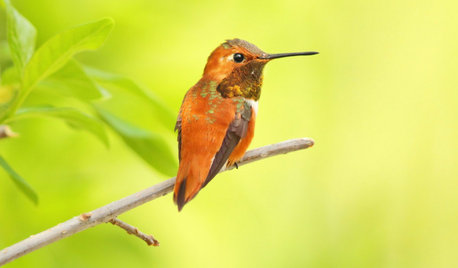
GARDENING GUIDESBackyard Birds: Invite Entertaining Hummingbirds Into Your Garden
Hummingbirds — unique to the Americas — zip through open landscapes seasonally or year-round. Here’s how to attract them
Full Story





Okiedawn OK Zone 7
meloncauli-flowerOriginal Author
Related Professionals
Rancho Palos Verdes Landscape Architects & Landscape Designers · South Elgin Landscape Architects & Landscape Designers · Bristol Landscape Contractors · Columbine Landscape Contractors · Framingham Landscape Contractors · Galveston Landscape Contractors · Lake Zurich Landscape Contractors · Post Falls Landscape Contractors · Pueblo West Landscape Contractors · Waldorf Landscape Contractors · Washington Landscape Contractors · Watertown Landscape Contractors · Cincinnati Decks, Patios & Outdoor Enclosures · Hayward Decks, Patios & Outdoor Enclosures · Riverside Decks, Patios & Outdoor EnclosuresOkiedawn OK Zone 7
sagehill
Okiedawn OK Zone 7